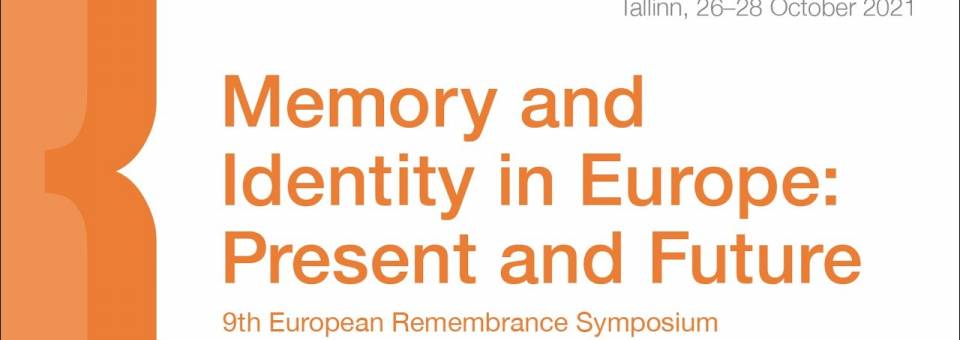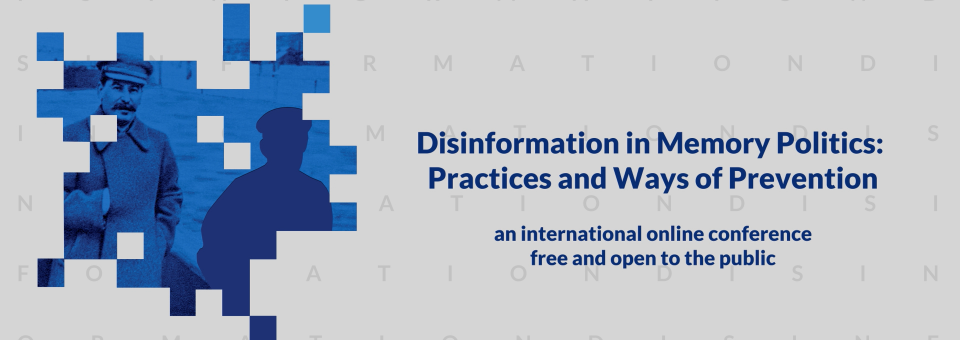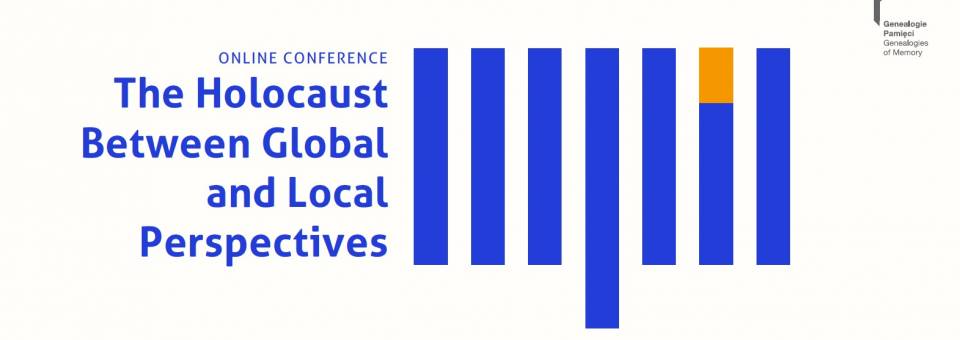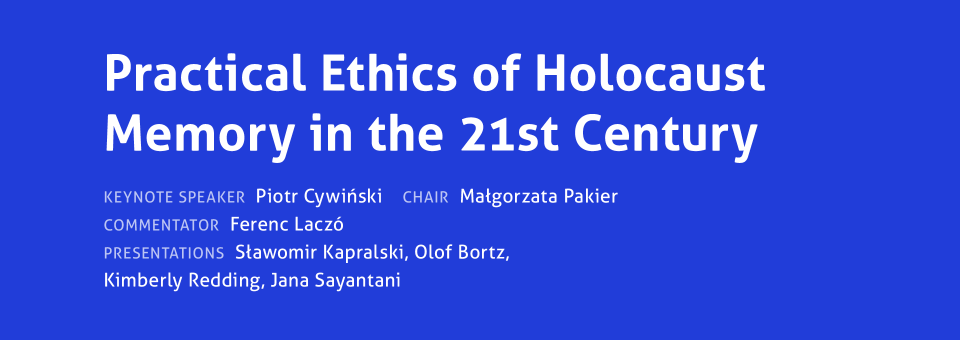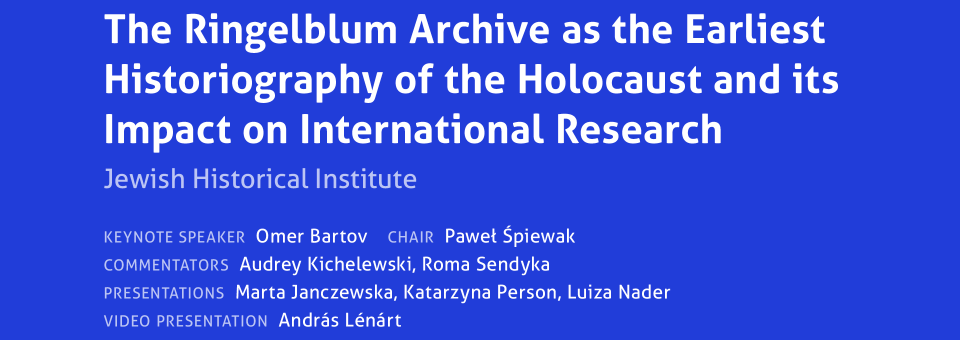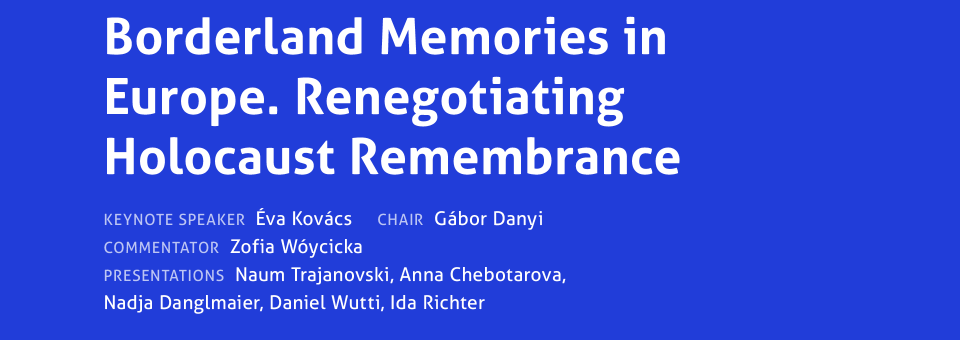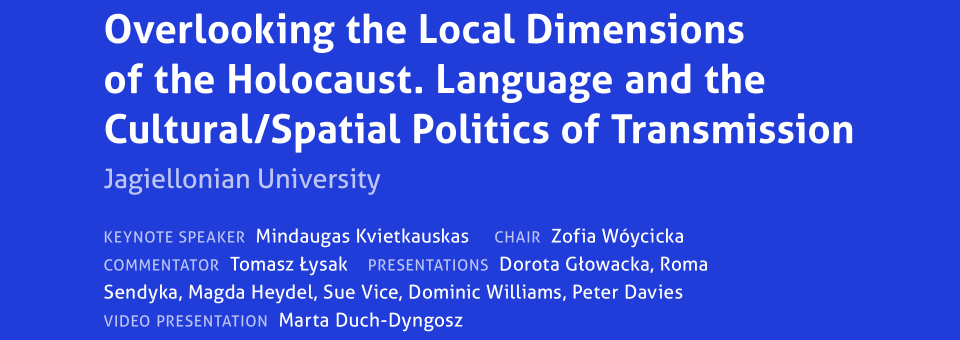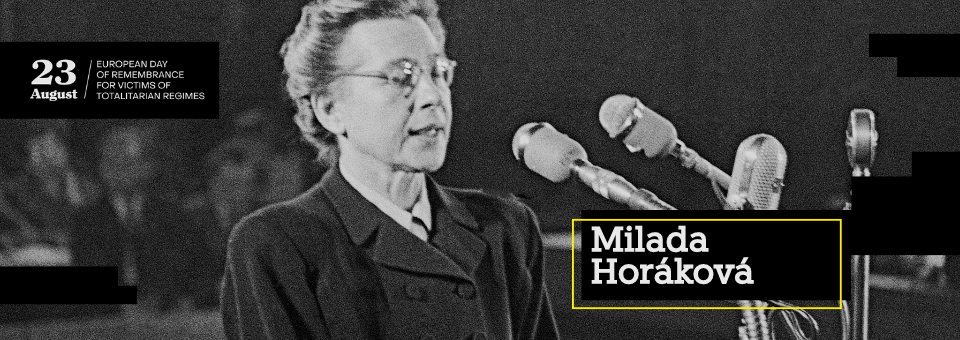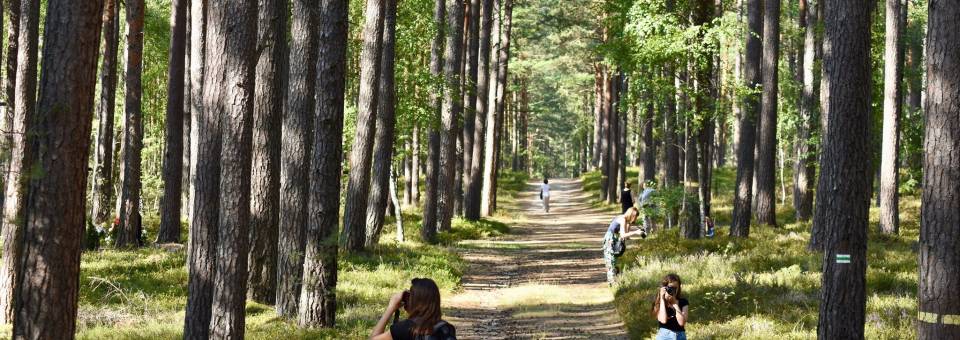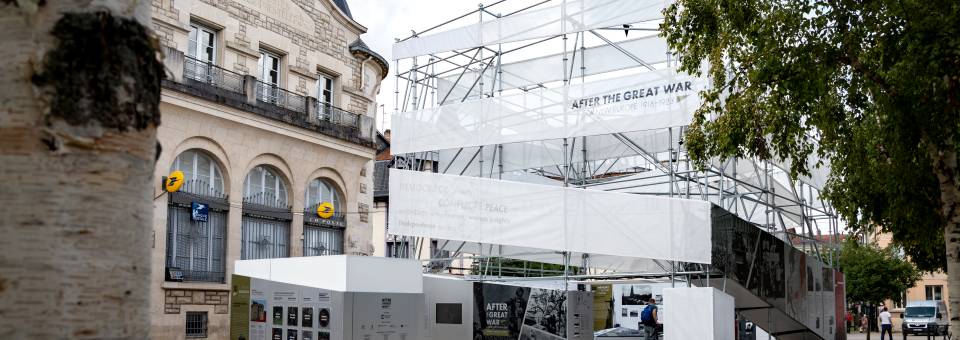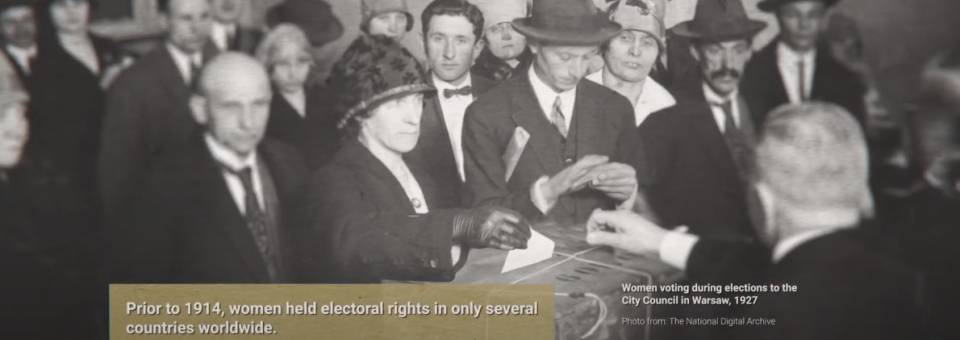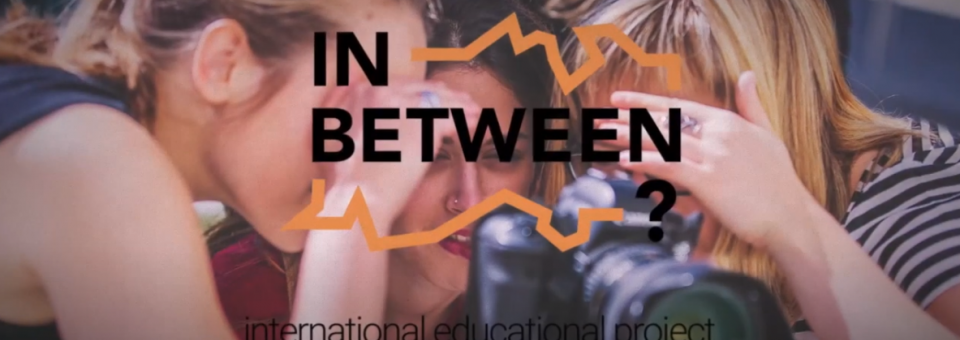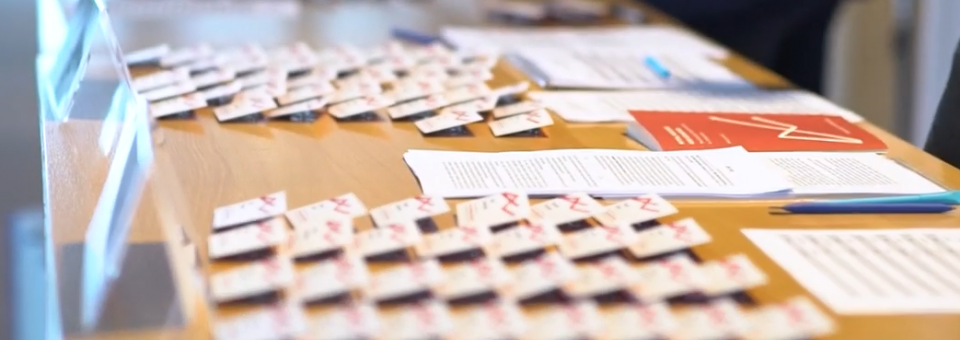Programme of Day 1 of the 9th European Remembrance Symposium
00:15 Welcome speeches
26:20 Opening session. European identity today: historical roots and present debates
2:07:57 Turbo presentations
9th edition of the European Remembrance Symposium titled ‘Memory and Identity in Europe: Presence and Future’ aims at reflecting on the role of 20th-century history and historical memory in contemporary European identity. Does the history of the last century unite or divide Europeans? What role in building the identity of the inhabitants of the continent does the memory of the past play today? Is a common, European culture of remembrance even possible?
